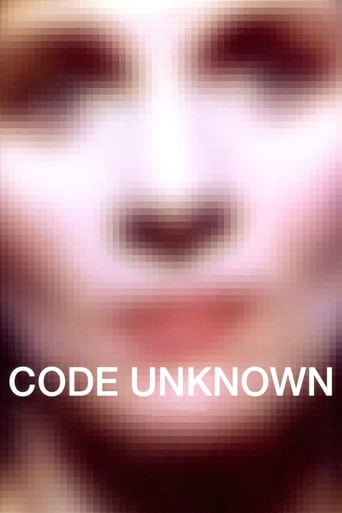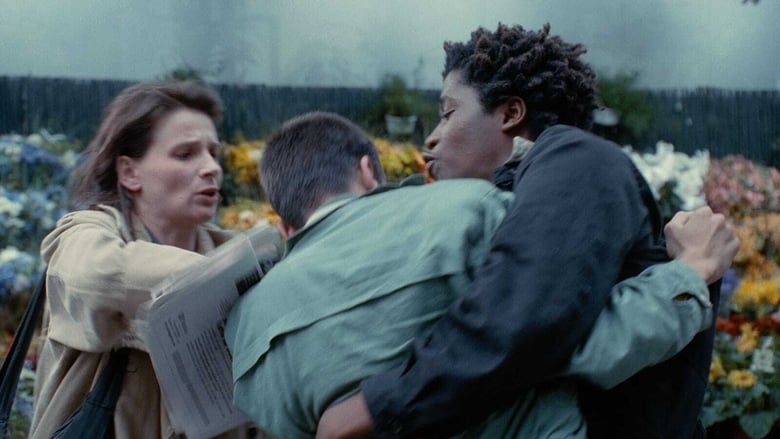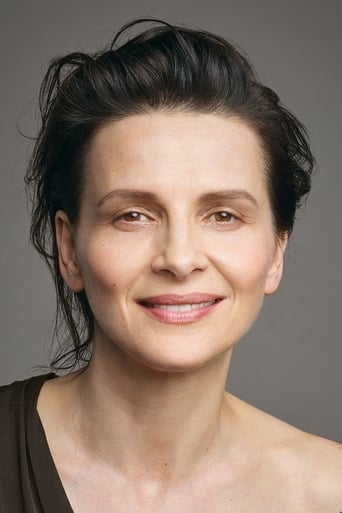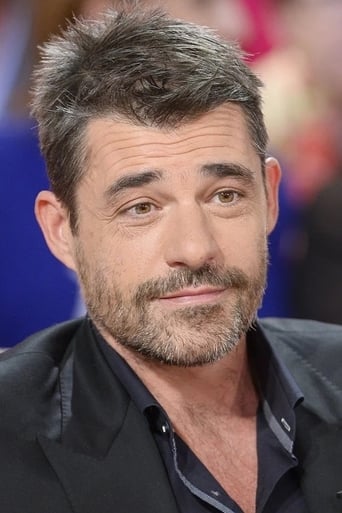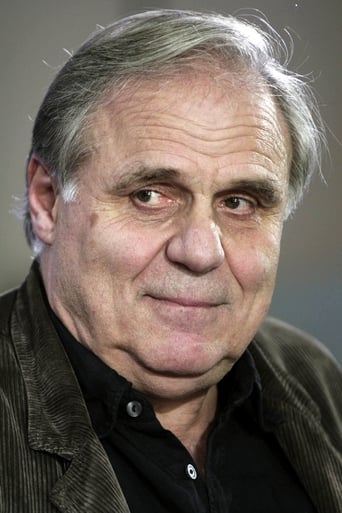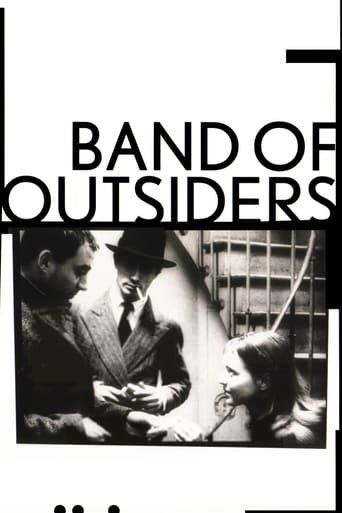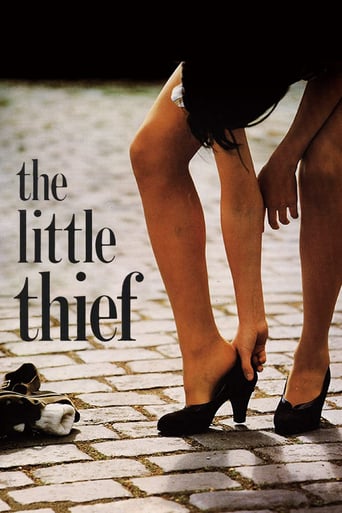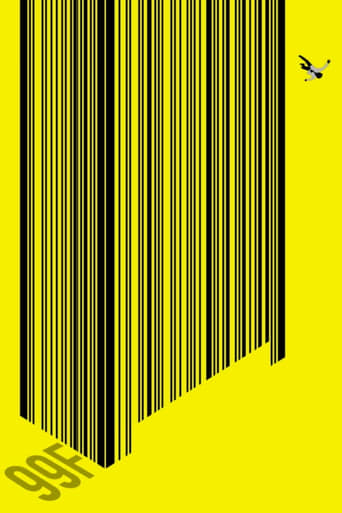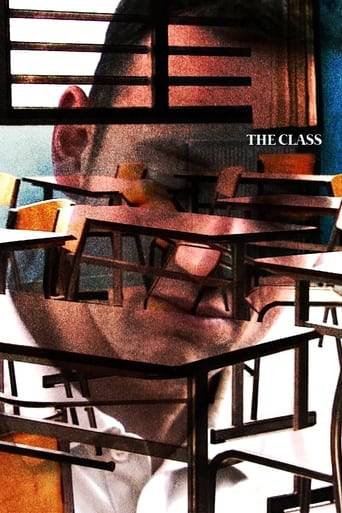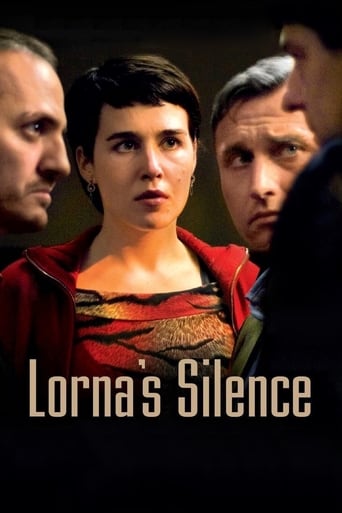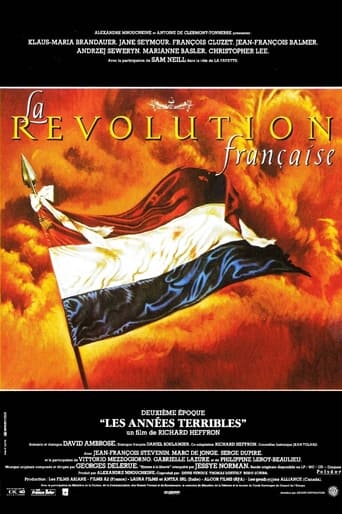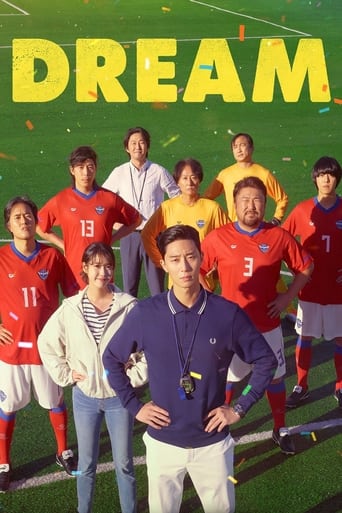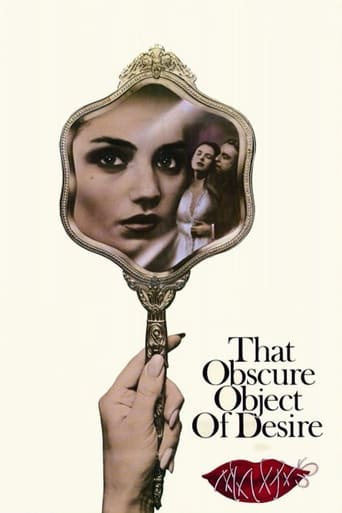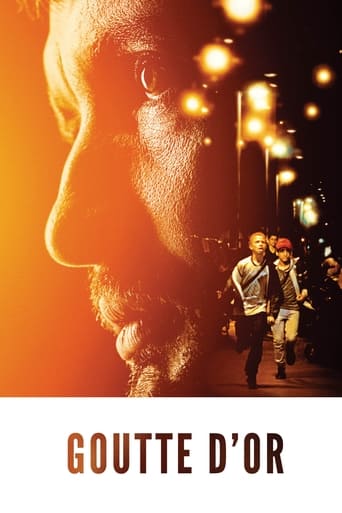Code Unknown (2000)
A series of events unfold like a chain reaction, all stemming from a minor event that brings the film's five characters together. Set in Paris, France, Anne is an actress whose boyfriend Georges photographs the war in Kosovo. Georges' brother, Jean, is looking for the entry code to Georges' apartment. These characters' lives interconnect with a Romanian immigrant and a deaf teacher.
Watch Trailer
Free Trial Channels
Cast


Similar titles
Reviews
Crappy film
A movie that not only functions as a solid scarefest but a razor-sharp satire.
All of these films share one commonality, that being a kind of emotional center that humanizes a cast of monsters.
Yes, absolutely, there is fun to be had, as well as many, many things to go boom, all amid an atmospheric urban jungle.
Upon re-watching it, my reaction was oh...okay, everything makes sense now. Haha. I loved the film and that's why I'm watching it again. What I remembered from the first viewing though was that nothing really makes sense. It was all fragmented but really intense. I didn't understand anything much but I just loved the form, the energy, the direction. Now that I'm seeing it again, everything makes perfect sense. Everything is there. The story is well connected. How did I miss it? Was I too young when I first saw it? Now that I know everything is well connected, the mystery is gone in a way. It's less fascinating in a way. It's like the "code" is not unknown anymore. The key has been unlocked. I'm not sure if it's a good thing or a bad thing. One thing for sure is that the film is definitely not random. But part of me wish that the bewilderment was still there.Still a great film though. Truly inspiration.
Michael Haneke's cinematic works are always interesting, and his signature motif is usually the evocation of some form of Extreme Violence, however in CODE UNKNOWN, he conducts a rather labyrinthine exploration of the inherent 'rudeness of modernity'. The film is not so much a plot or narrative storyline, but more of a collection of compelling and interesting scenes woven around the side effects and consequences of bad behavior. One example is a scene in which a young man tosses an empty wrapper in the lap of a woman sitting on the sidewalk. He is clearly angry, but not with the woman. She just happens to be in his path, but in no way the focus of his anger. A confrontation ensues, and we witness the ramifications of this relatively random event. Haneke shows how events can rapidly spin out of control through one thoughtless act. The characters seem trapped in lives which are not wholly of their own making, and powerlessly intrude on the lives of others in very subtle ways. CODE UNKNOWN can be seen as a film which demonstrates 'The Butterfly Effect'. This metaphorical principle of Chaos Theory states that something as insignificant as the ripple of a butterfly's wings could exert far-reaching effects on subsequent events. CODE UNKNOWN is a film which is thought provoking, as well as haunting and mesmeric.
German art has its own fascinating charm, especially contemporary German film and most especially the Austrian subset. There's a desire for purity that creates clarity, often remarkably clear and well-machined films. The problem is that the filmmakers truly believe that this Cartesian purity brings one closer to the human condition, crisp beings that we are.So we get a shorter distance between us and the film. That's good. But there is an almost unbridgeable gap between the film and the world — any world — that matters. Herzog has figured a way around his national urge in this regard by pretty much just being nuts and making committed obsessive films about committed obsession. Tykwer escapes by becoming Polish. But Hanake is stuck.I really liked this as a film, as an artifact with craft. There's a lot of polish and refinement in what it is, how it is imagined, and the machining of the parts. It starts (and incidentally ends) with amazing panache: deaf children playing charades and unable to guess.It has some true performances, most particularly with the women around whom this revolves — including Binoche.It has some remarkable long scenes that are continuous takes, often tracking in complex ways. These are not interspersed; they are the thing itself, with many scenes of simple observation where nothing apparently happens. This allows us to really drill into the lives of these people — if they were anything like humans.The problem is in the construction. He has decided to follow an already well established structure of several casually interwoven lives. What he has uniquely done is weight every life — indeed every action in each life — as equally important. So adjusting a camera is as "important" as a shot of a farmer shooting his bulls because his youngest son has abandoned him, the last family member to do so.In wiser hands, this could have conveyed the angst of the ordinary, but it works the other way, selling the banality of the dramatic.For students of narrative folding, the chief man is a war photographer, and his photos anchor what we see in the film. His girl friend (Binoche) is an actress and we have folded in two films (a remake of "The Collector" and a fictional one that matches "real life") and a Shakespearean play about shrewish love. Wonderfully imagined, and structured, but in a mechanical universe.Vienna as an algorithm.Ted's Evaluation -- 2 of 3: Has some interesting elements.
Michael Haneke is very clearly a talented and intelligent filmmaker--and if the first two movies I've seen by him are any indication, I don't think I like his movies very much. That, of course, does not mean that they are bad by any definition, but it does show that his movies are not necessarily for everyone. I for one believe that a filmmaker capable of making an audience uncomfortable while keeping their attention is a gifted filmmaker indeed, and Haneke does that well with me. So, without further ado: Code: Unknown is an ensemble film of characters lives that intermingle and run across each other in Paris. Unlike such films as 21 Grams, Crash, et al, however, Code: Unknown is more of a statement on character's lack of identity than their interdigitated roles surrounding a social setting. Here, one can hardly call what is on screen as "social", even while relationships unravel, parties are held, and films-within-the-film are made. If you want to see the most utterly alone characters in all of cinema, look here.The other movie by Haneke I've seen is The Seventh Continent, and these two movies are made in basically the exact same structure: immense long takes with black leader in between to separate them. The only exception to that rule is when Juliette Binoche's character is acting in a movie, at which point cuts occur, signifying that movies are ultimately fake.Therein is probably one of the most difficult things about Haneke as a filmmaker: he strong-arms rather than invites. Long takes are typically used to make the audience to sit and look at the image on the screen for longer than they are normally accustomed to, but with Haneke I feel like he's taking that concept to the extreme (probably purposefully, which is why I don't criticize him for it) and basically forcing you into a specific perspective, which he will not change. If Bazin is right and there's a world outside of the frame, Haneke locks you away from it. And the only window he lets you have is to the world's darkest, most impersonal facets.There's quite a long tradition of this in cinema, however. John Cassavetes is probably the most famous filmmaker operating in this mode, as he was known to purposefully cut out all the parts of his films that other people found enjoyable. Haneke certainly has something to say and certainly knows exactly how to say it. Just be forewarned that this movie is not meant to be enjoyable.Otherwise, I really like his exploration of miscommunication and the ways in which the characters set themselves up to never be able to express themselves truly. If the movie weren't so insistent in tone, perhaps the emotional drive behind it would have more reverberation in my own viewing of the movie, but instead the disciplinary shooting causes me to be intellectually resistant to his particular world-view.--PolarisDiB

